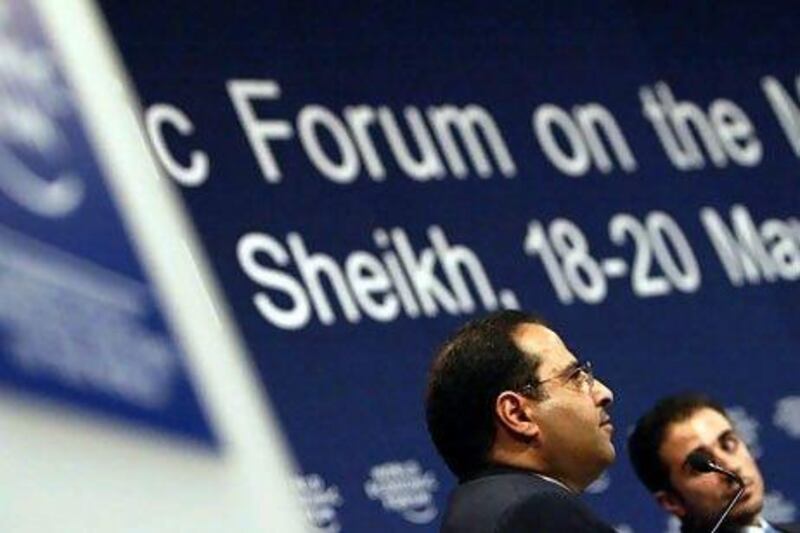Book smarts or street smarts - which is more important when it comes to leadership impact?
Just after finishing his MBA in 1984 from the Wharton School of Business at the University of Pennsylvania, Mohammed Alshaya joined the UK retailer Mothercare to learn about its operations.
He could have easily skipped the time he spent stocking shelves and advising mothers on which prams to buy and joined his family's business straight away.
But, instead, he spent time learning the operations. This has clearly paid off as he is now executive chairman of MH Alshaya, which is based in Kuwait and is the retail division of the Alshaya Group of companies. That group operates more than 1,400 franchise stores and represents in excess of 40 international brands. He attributes part of his retail success to intimately knowing the how the operations work.
Last week, while talking to a manager from a multinational firm, he shared that their boss - a vice president - would be a much better leader "if he had an understanding of the operational realities - the real business challenges".
This sentiment echoes a common concern I hear about leaders, even really smart ones with the right degrees.
Leadership impact requires street smarts - operational experience - in order to clearly understand the business realities. If you look through the biographies of most brand-name chief executives, their careers started much like Mr Alshaya's - by getting their hands dirty mastering the operations early in their career.
It becomes very frustrating for team members when their leader only uses theories and concepts to try to understand and resolve issues. Leaders with operational experience have a knack and ability for creating tactical plans to accomplish the needs of an organisation. They create systems that address these needs through practical solutions.
Operational experience enables leaders to see how the elements of an organisation fit together. When they think about issues, their focus is on what systems and processes are needed or will be impacted. These leaders serve a key role in ensuring that things get done in an effective and efficient manner.
Leaders need to be able to think "out of the box" and be innovative. Additionally, they introduce and manage change in the business. Operational experience is the most common variable that turns this from a theoretical exercise into a transformational practice.
But as leaders progress, they do not have the time to keep their hands in the daily operations as their focus needs to be on the future and forward-looking strategy of a business. Consider Mr Alshaya, who no longer stocks the shelves in the company's retail outlets. Instead, his experience from decades back gives him a practical understanding of how retail works. Obviously, this is a positive contribution to his approach of leading.
The downside to operational experience is some leaders never stop doing the operations, and they become micro-managing leaders when they need to shift their focus to strategic concerns. This is equally frustrating for employees. While leadership impact calls for operational experience, it does not require leaders to be stuck in the operations side forever.
Book smarts, without street smarts, brings a theoretical perspective. But leadership impact is strengthened with solid operational experience - so, keep your finger on the pulse of the street.
Tommy Weir is an authority on fast-growth and emerging-market leadership, the author of The CEO Shift and the managing director of the Emerging Market Leadership Center





